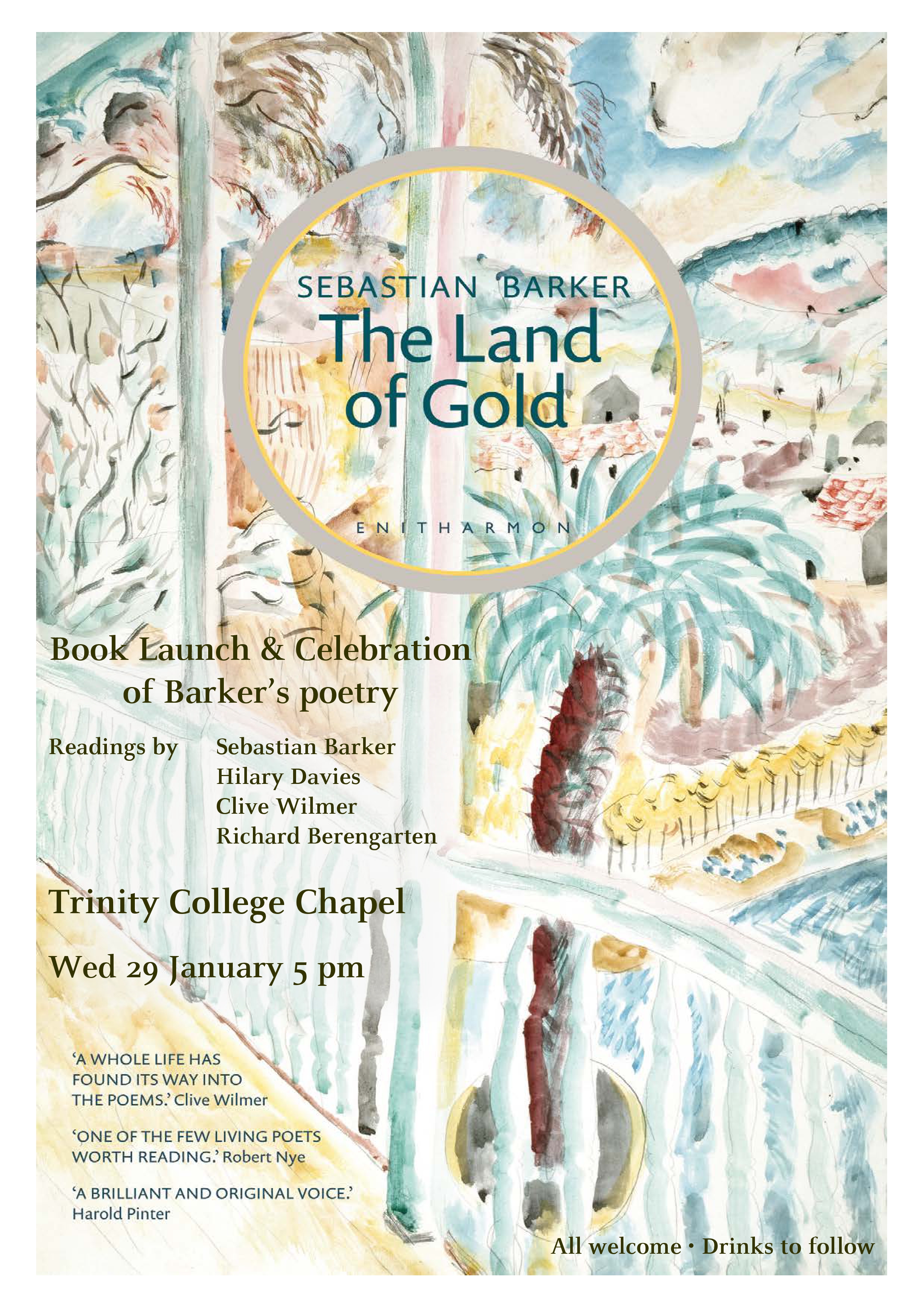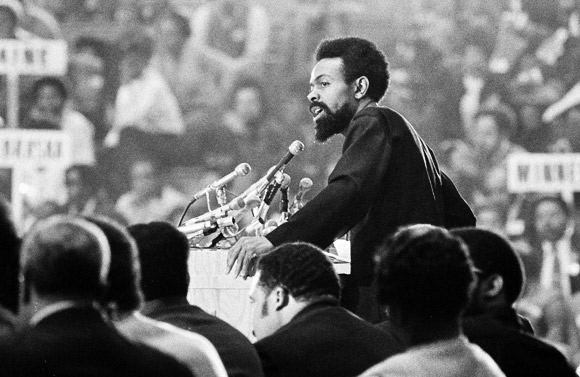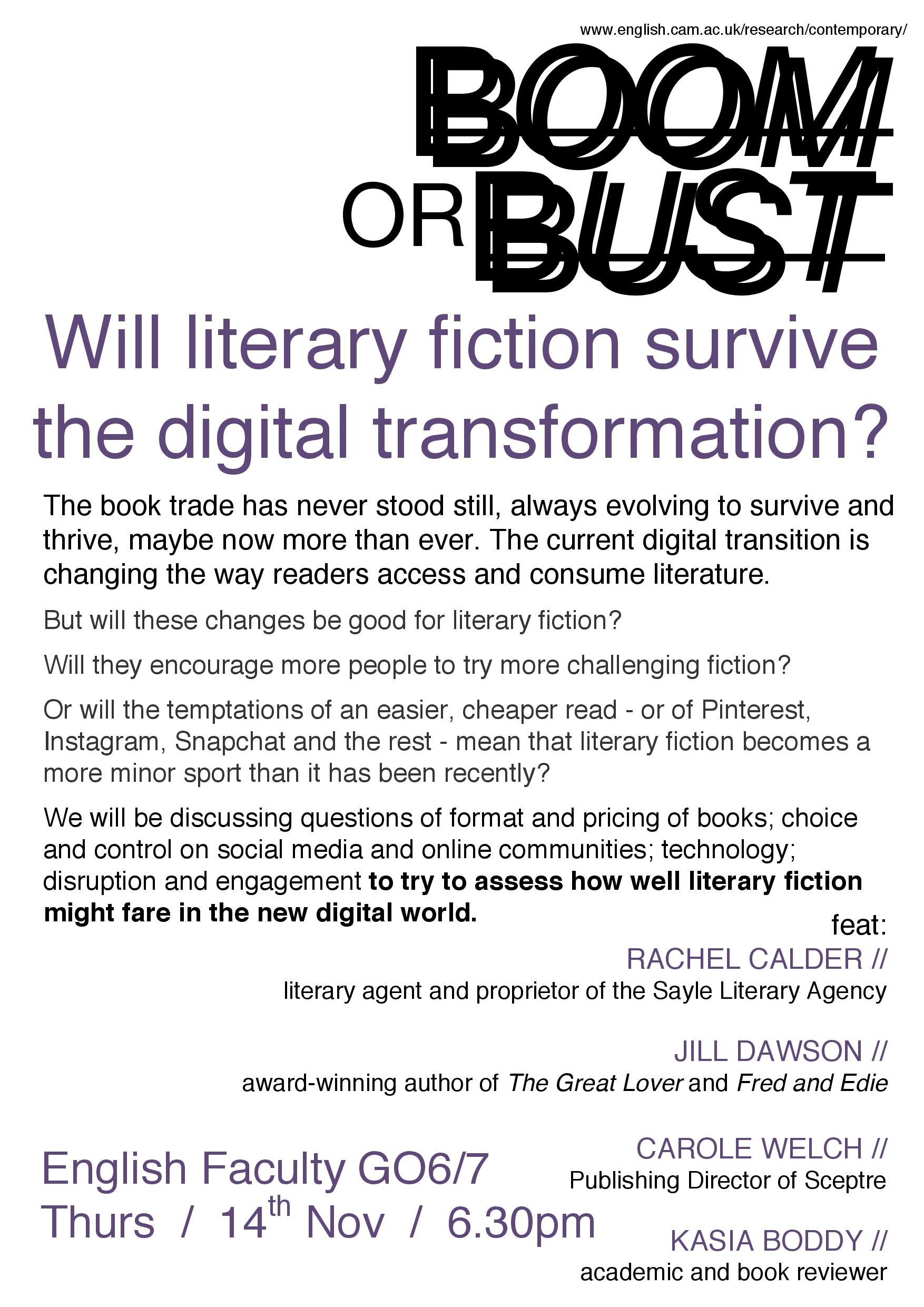Page 7 of 13
*Reminder*: a BLACKBOX POETRY READING featuring VAHNI CAPILDEO, MICHAEL FARRELL, and DREW MILNE reading from their work.
FRIDAY 17th January from 7.30pm to 9.00pm in the Drama Studio, Faculty of English, University of Cambridge, 9 West Road, Cambridge, CB3 9DP
Free wine!
- Vahni Capildeo is a Trinidadian writer of poetry and prose, based in Oxford. Her poetry collections are: /No Traveller Returns/ (Salt, 2003),/Person Animal Figure/ (Landfill Press, 2005), /The Undraining Sea/(Eggbox, 2009), and /Utter/ (Peepal Tree Press, 2013)
- Michael Farrell is in the UK on a Menzies scholarship. He has recently completed a PhD on the theme of an Australian unsettlement poetics. His poems are included in ‘Outcrop: Radical Australian Poetry of Land’ (Black Rider 2013); his most recent book is /open sesame/ (Giramondo 20
- Drew Milne has been the Judith E. Wilson Lecturer in Drama & Poetry in the Faculty of English, University of Cambridge, since 1997. His collections of poetry include /The Damage/ (Salt, 2001), /Go Figure/(Salt, 2003), /Burnt Laconics Bloom/ (Oystercatcher, 2013), and with John Kinsella, /Reactor Red Shoes/ (Veer, 2013)
http://www.manifold.group.shef.ac.uk/
Many thanks to Justin Reed for sending me The Millions ‘Great 2014 Book Preview’. Any thoughts, anyone?
Clare Hall Literary Talk
Suzanne Joinson, author of *A Lady Cyclist’s Guide to Kashgar*
http://www.ladycyclistsguide.com/about-the-book
Wed. 8 January, 6 pm
West Court, Clare Hall
Herschel Road CB3 9AG
Organised by Dr Trudi Tate (tt206)
All welcome.
Joanne O’Leary, currently working on a PhD thesis on John Ashbery, recently interviewed Adam Phillips for Totally Dublin.
Francis Spufford will be reading and discussing his work on WEDNESDAY 18 DECEMBER at 6pm at Clare Hall, West Court, at the end of Herschel Road.
Francis Spufford is the author of memoir, historical fiction and popular science, including I May be Some Time, The Child That Books Built, Red Plenty and Unapologetic (on Christianity); he teaches at Goldsmith’s College, University of London.
Contact Dr Trudi Tate tt206@cam.ac.uk
Find out about events this term at Fitzwilliam Literary Society
‘Nowadays, of course, writing is often seen as a profession like any other. To take this year’s Man Booker winner, Eleanor Catton, as an example of what might be seen as a novelist’s ideal career in 2013: one does a degree in English literature, and immediately afterwards a master’s degree in creative writing. Your first published novel is your MA thesis. Afterwards, you are given a post teaching creative writing in a university, and your second novel wins a major prize. Not to criticise the excellent Ms Catton, but this model of a novelist’s career is going to produce novelists with a narrow grasp of human experience, whose novels are increasingly going to have to come from historical research and meta-fictional game-playing and, ultimately, novels about creative writing degrees.’ Philip Hensher on Penelope Fitzgerald
Anyone want to argue with this, by now pretty standard, view?


